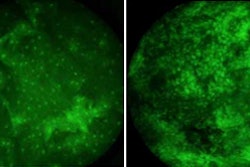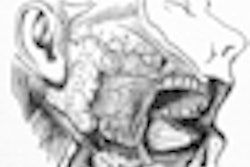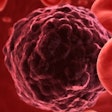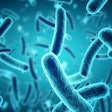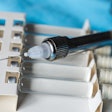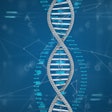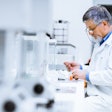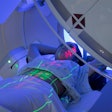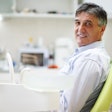A new test for oral cancer that a dentist could perform by simply using a brush to collect cells from a patient's mouth, then analyzing the cells using an LED-based device is being tested by researchers at the University of Sheffield and Sheffield Teaching Hospitals.
An international research team led by John McDevitt, Ph.D., from Rice University, has been awarded $2 million from the U.S. National Institutes of Health to develop the test, which could provide an accurate diagnosis in less than 20 minutes for lesions where there is a suspicion of oral cancer, according to the university.
McDevitt is credited with developing this new technology, which uses the latest techniques in microchip design, nanotechnology, microfluids, image analysis, pattern recognition, and biotechnology to shrink many of the main functions of a state-of-the-art clinical pathology laboratory onto a biochip the size of a credit card.
A brush biopsy sample is placed on the card, which is inserted into the battery-powered analyzer. Microfluidic circuits wash cells from the sample into the reaction chamber. The cells pass through minifluidic channels about the size of small veins and come in contact with biomarkers that react only with specific types of diseased cells.
The machine uses two LEDs to light up various regions of the cells and cell compartments. Healthy and diseased cells can be distinguished from one another by the way they fluoresce in response to the LEDs. The entire process takes eight to 10 minutes, according to the university.
The team in Sheffield, led by Martin Thornhill, M.B.B.S., B.D.S., Ph.D., M.Sc., a professor of oral medicine at the University of Sheffield, has begun a two-year clinical trial on patients at Charles Clifford Dental Hospital to perfect the technology and make it as sensitive as possible. If the trials confirm that this approach is as effective as a conventional biopsy, it could become a regular application at dentist surgeries in the future.
"This technology will make it easier for us to screen suspicious lesions in the mouth and separate noncancerous lesions from those where there is a risk of cancer and those where cancer has already developed," Dr. Thornhill said in the release.
The device is also being considered for future research projects for diagnosing and managing heart attacks, diabetes, and other diseases.
Copyright © 2010 DrBicuspid.com





